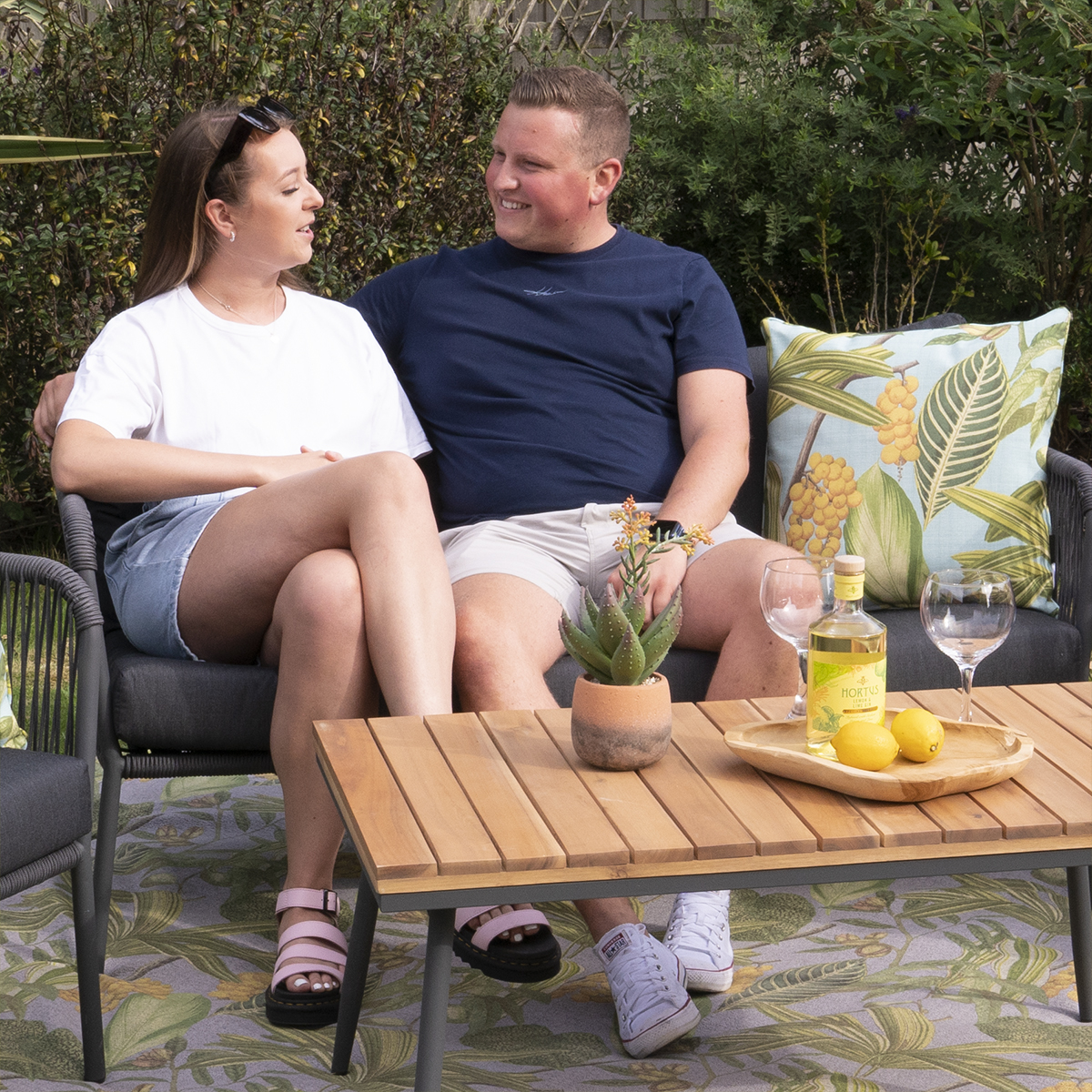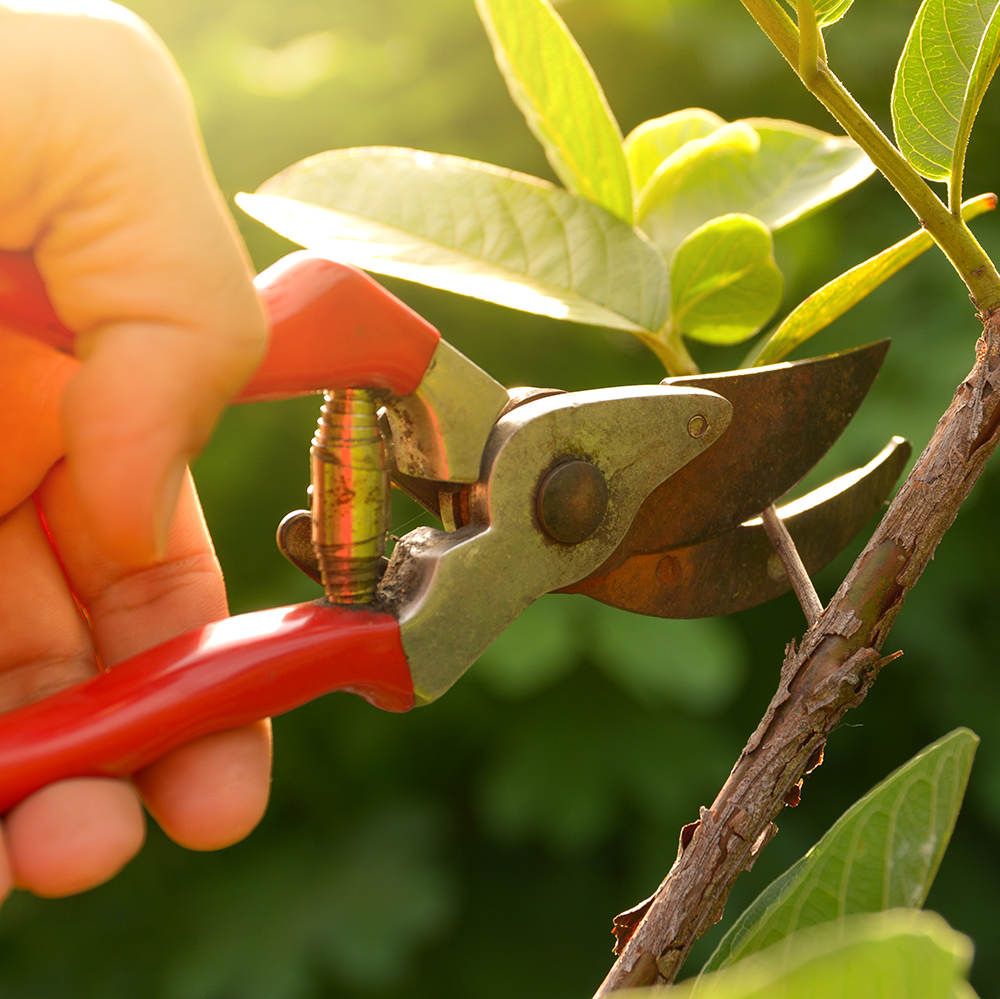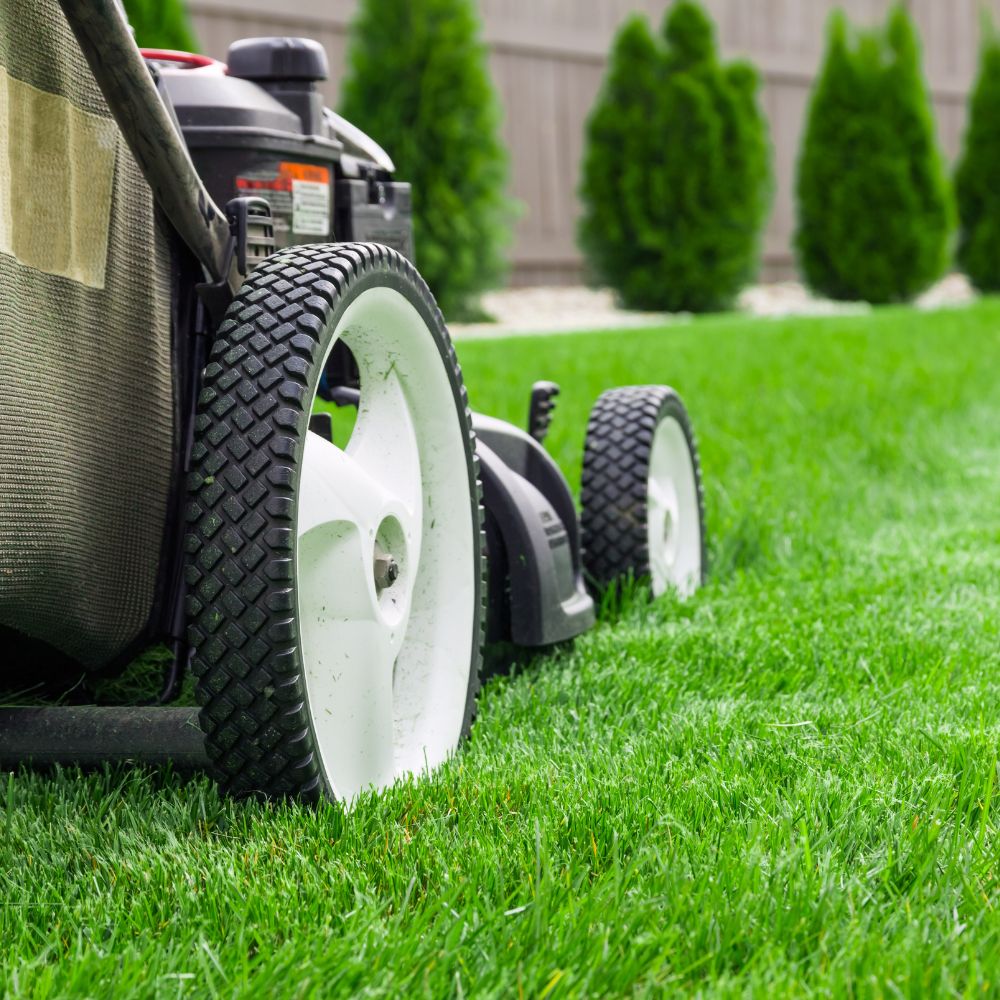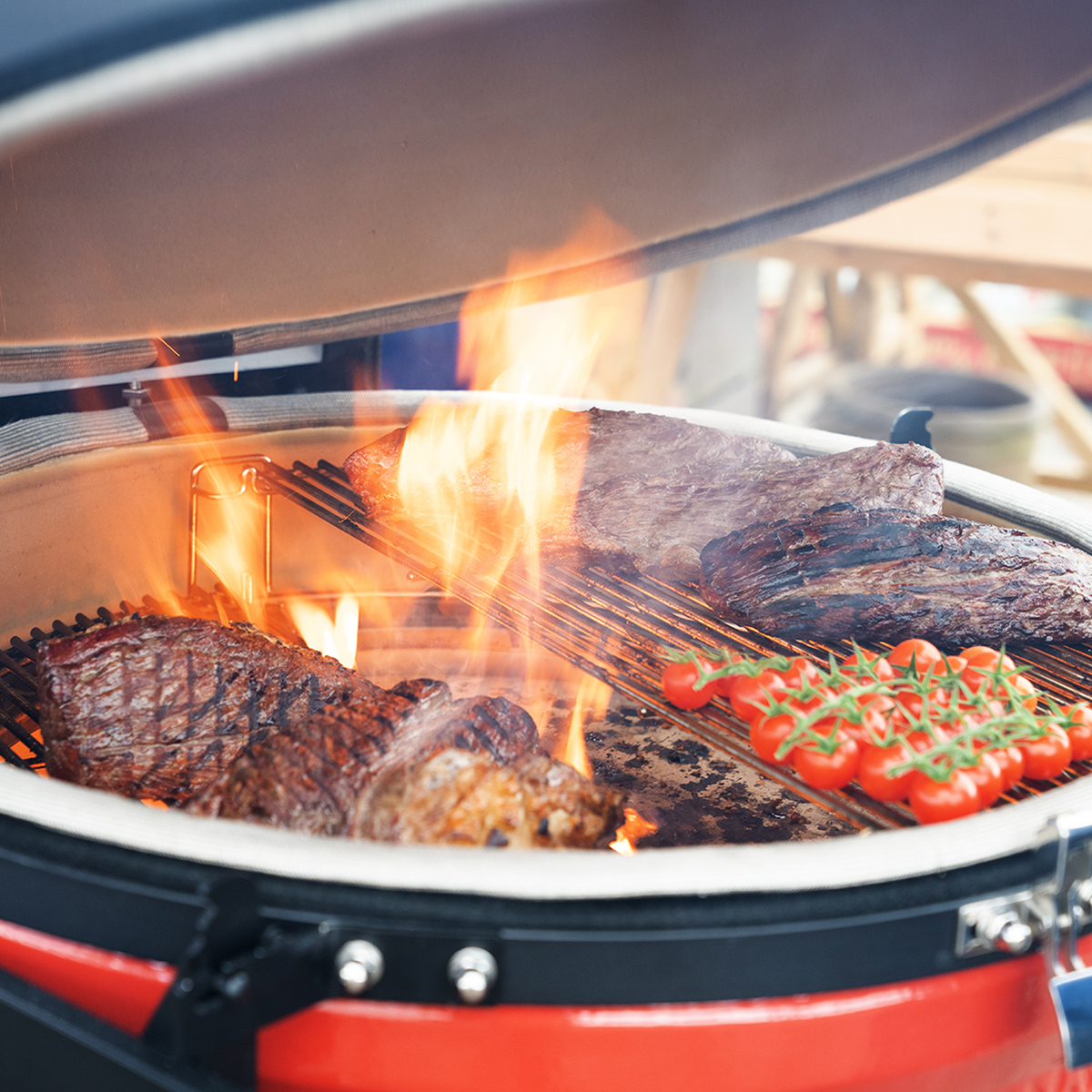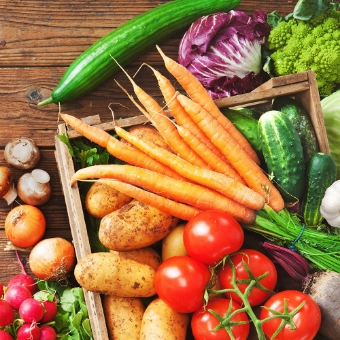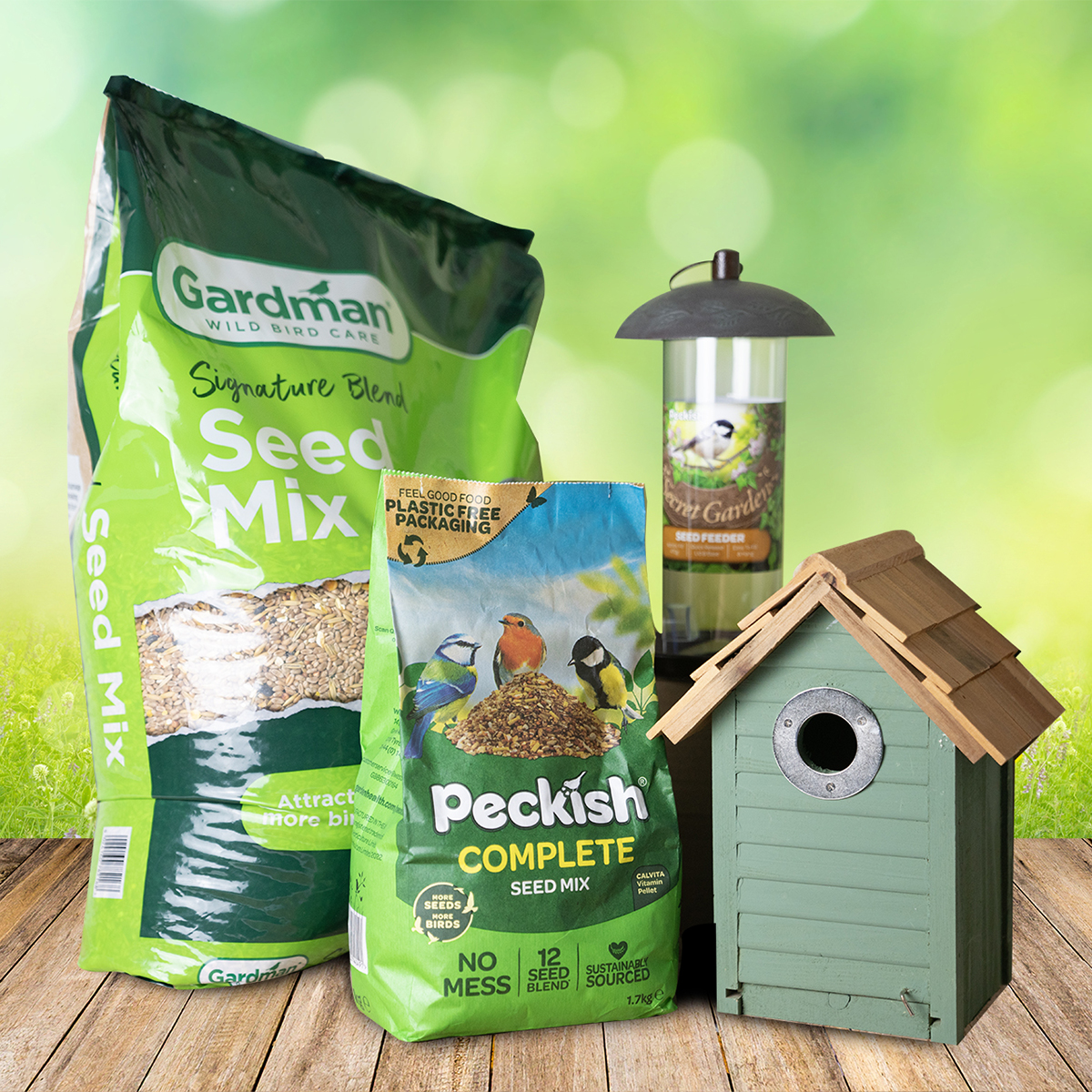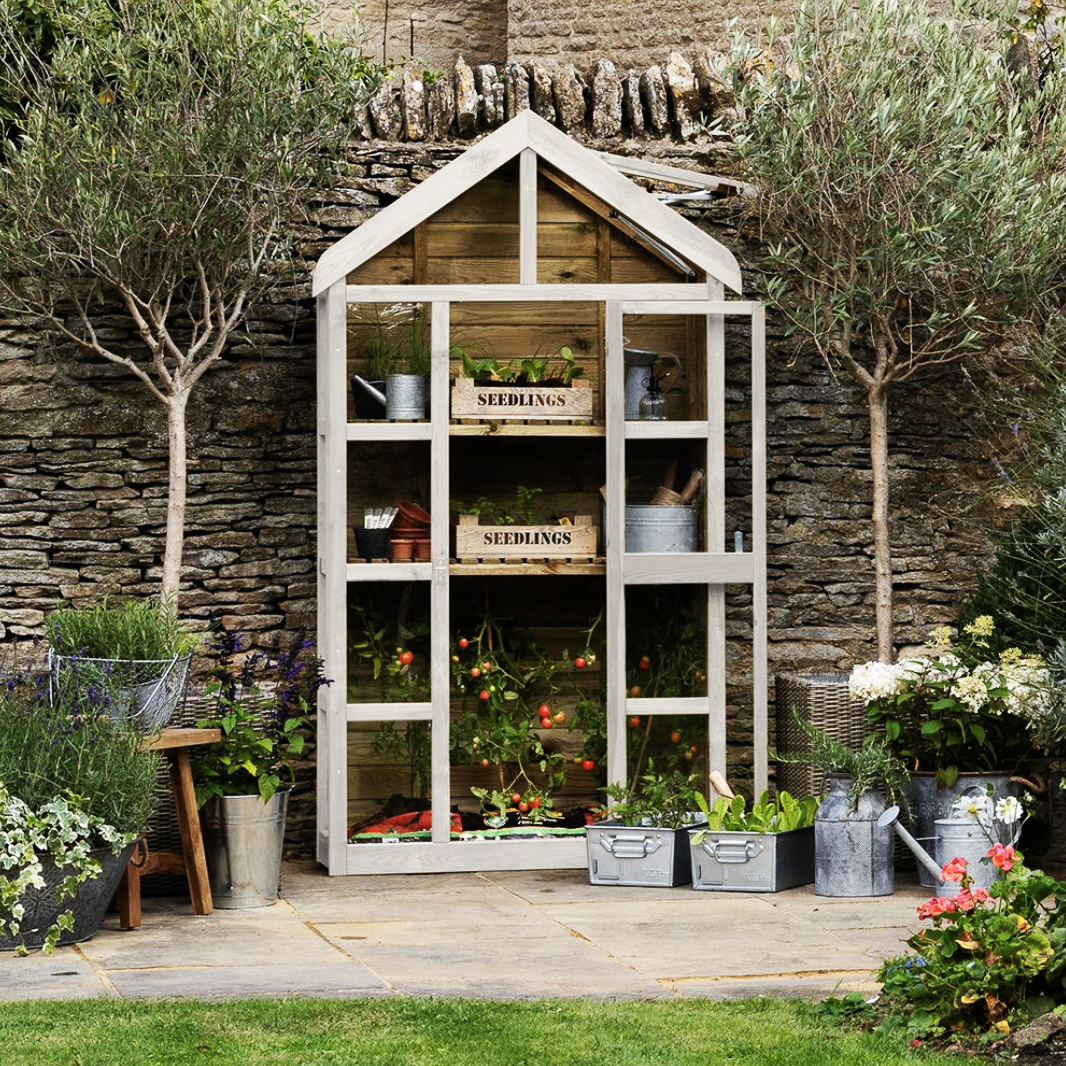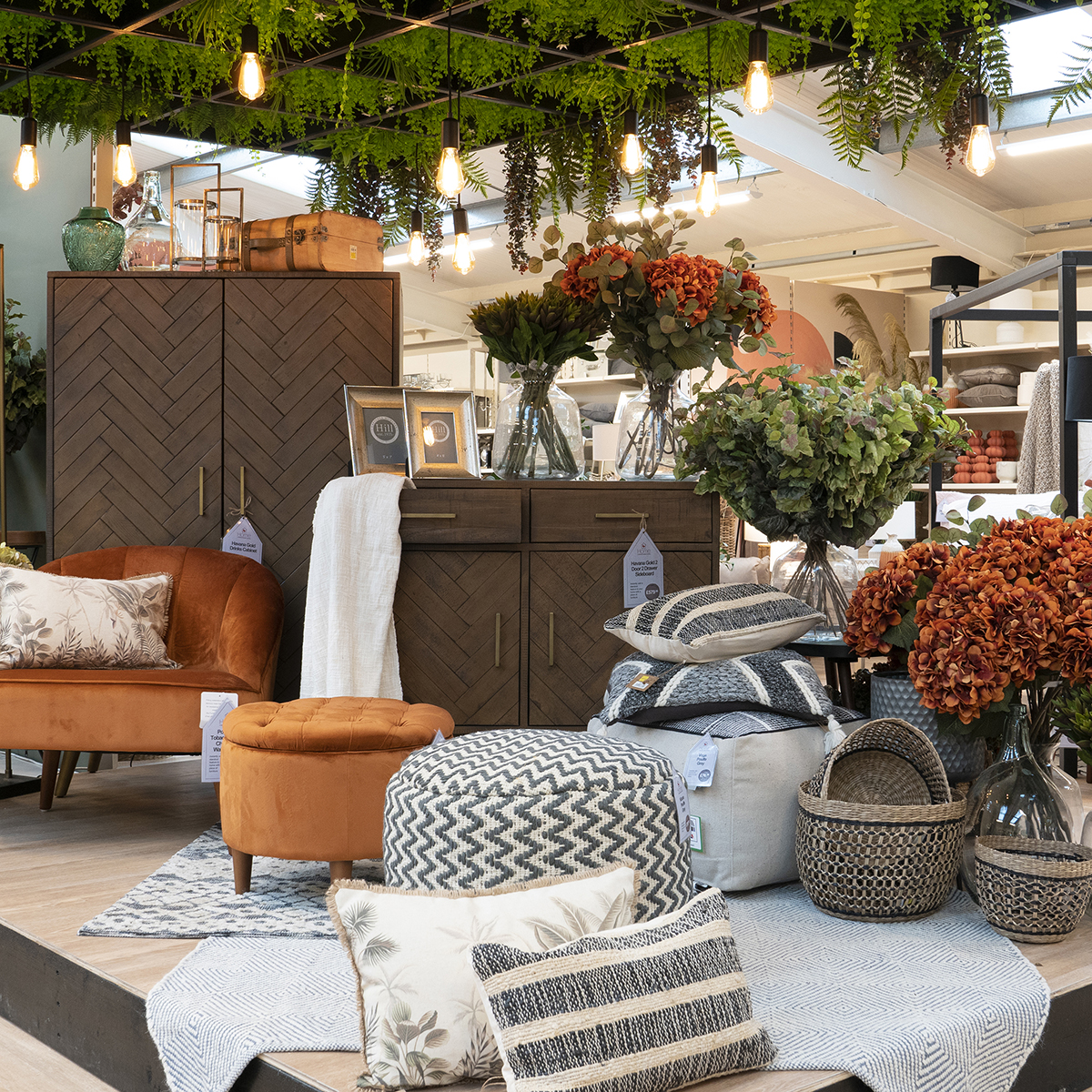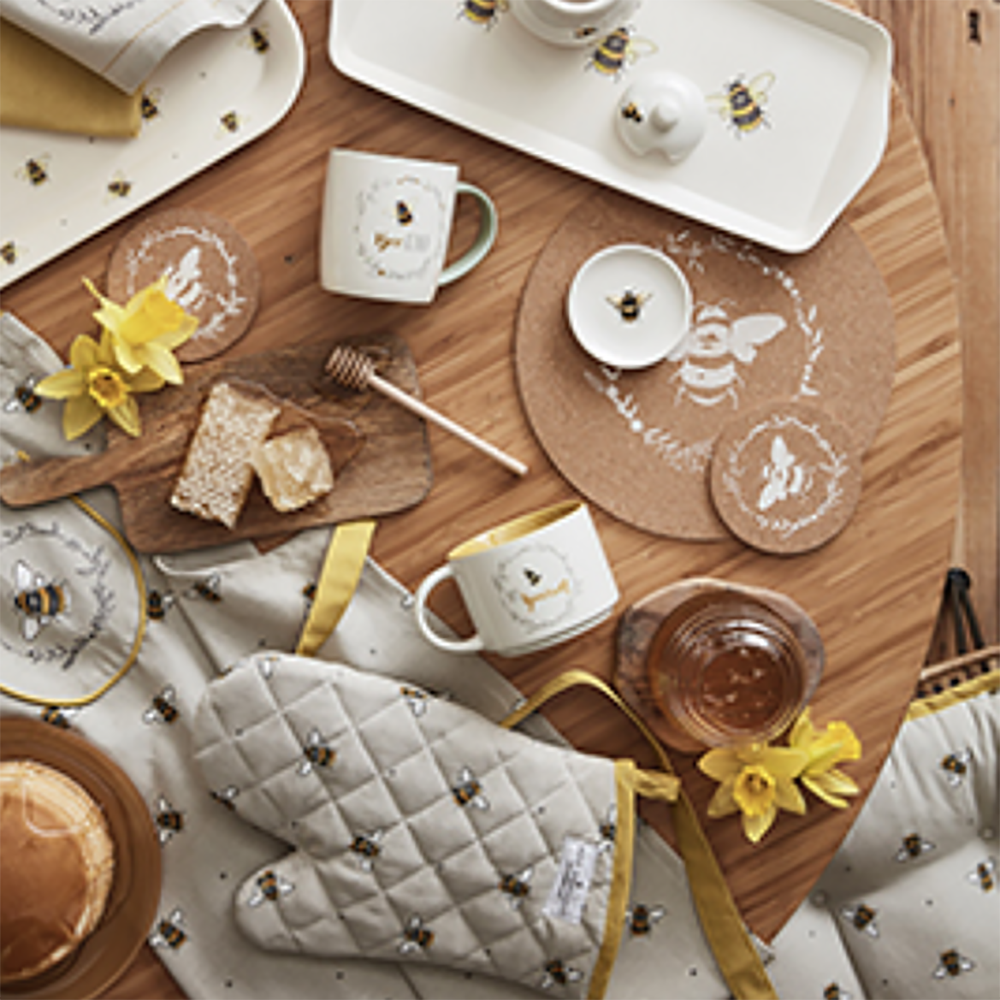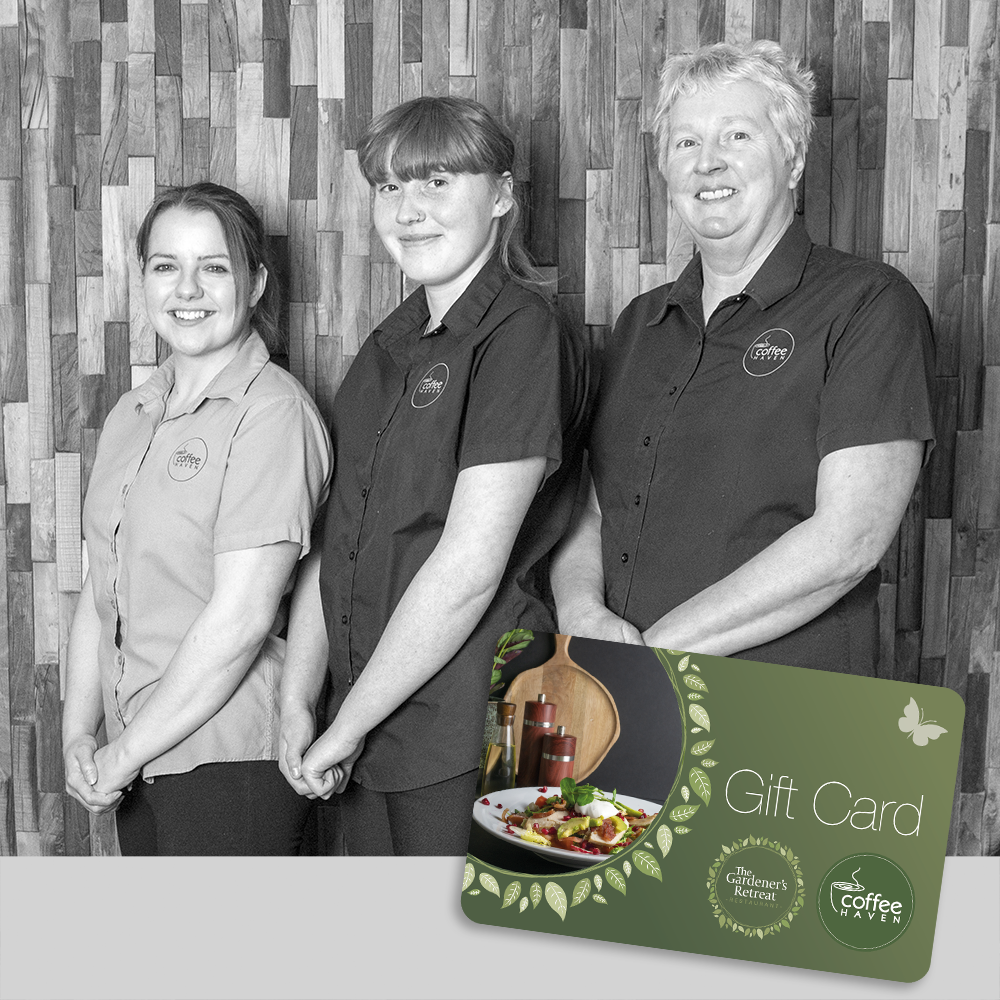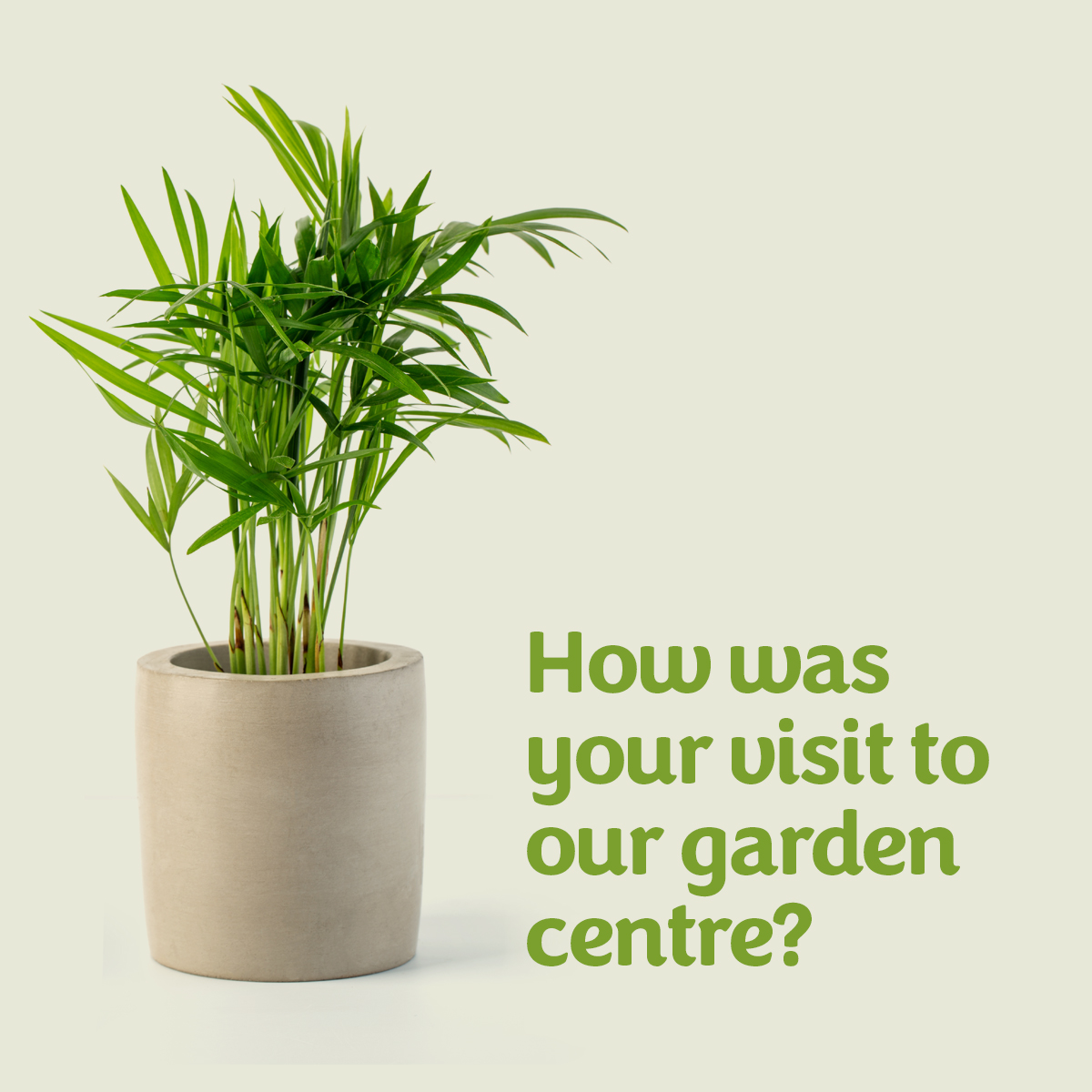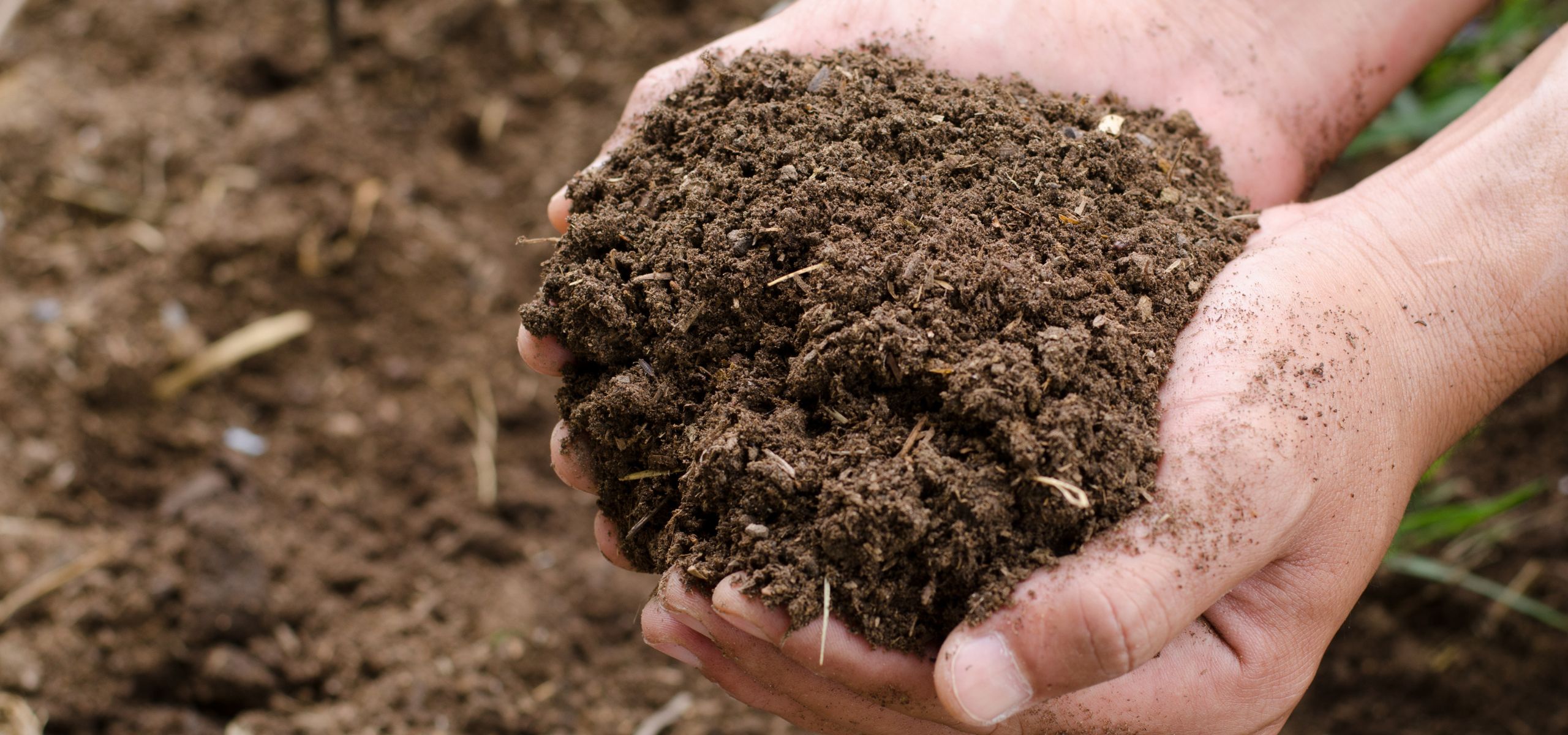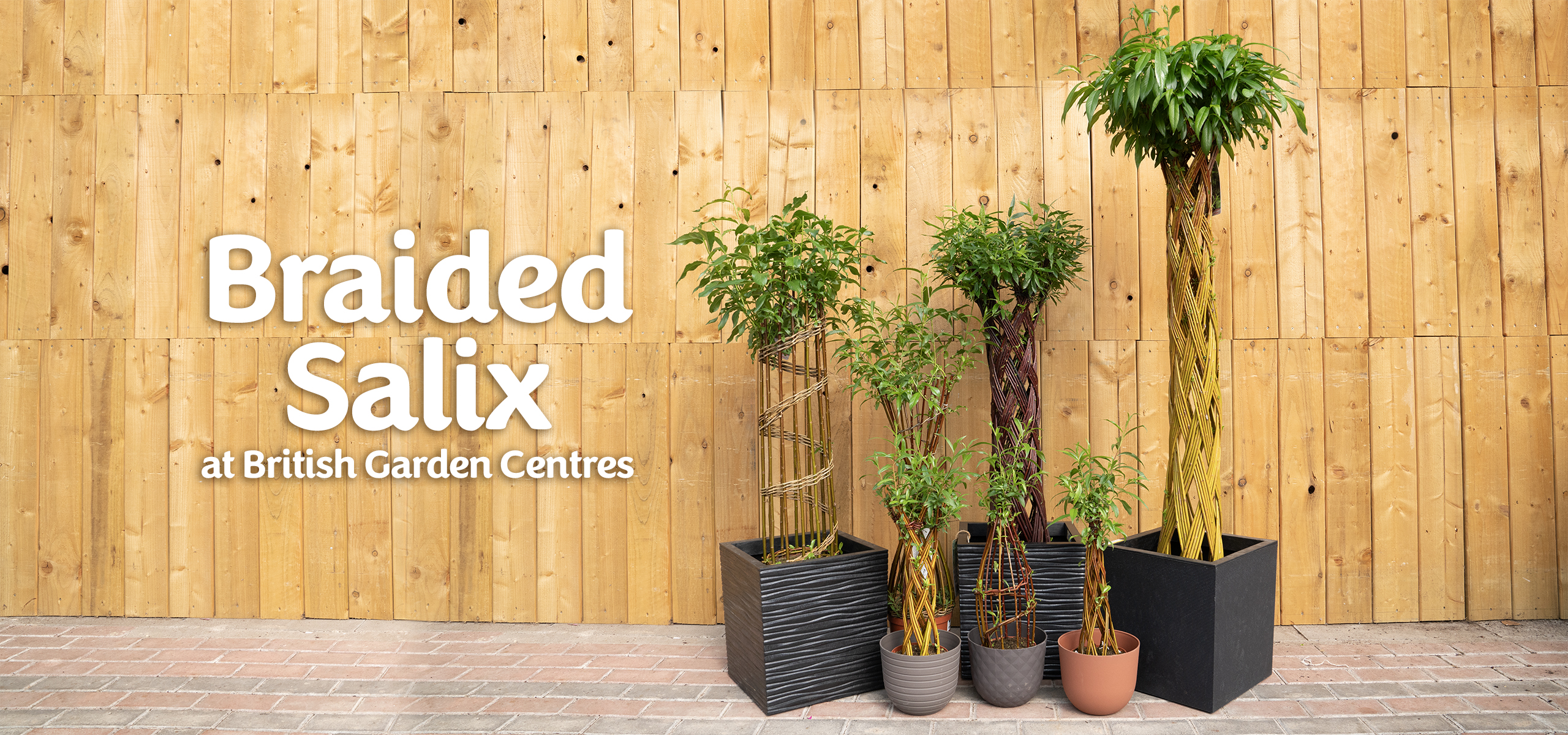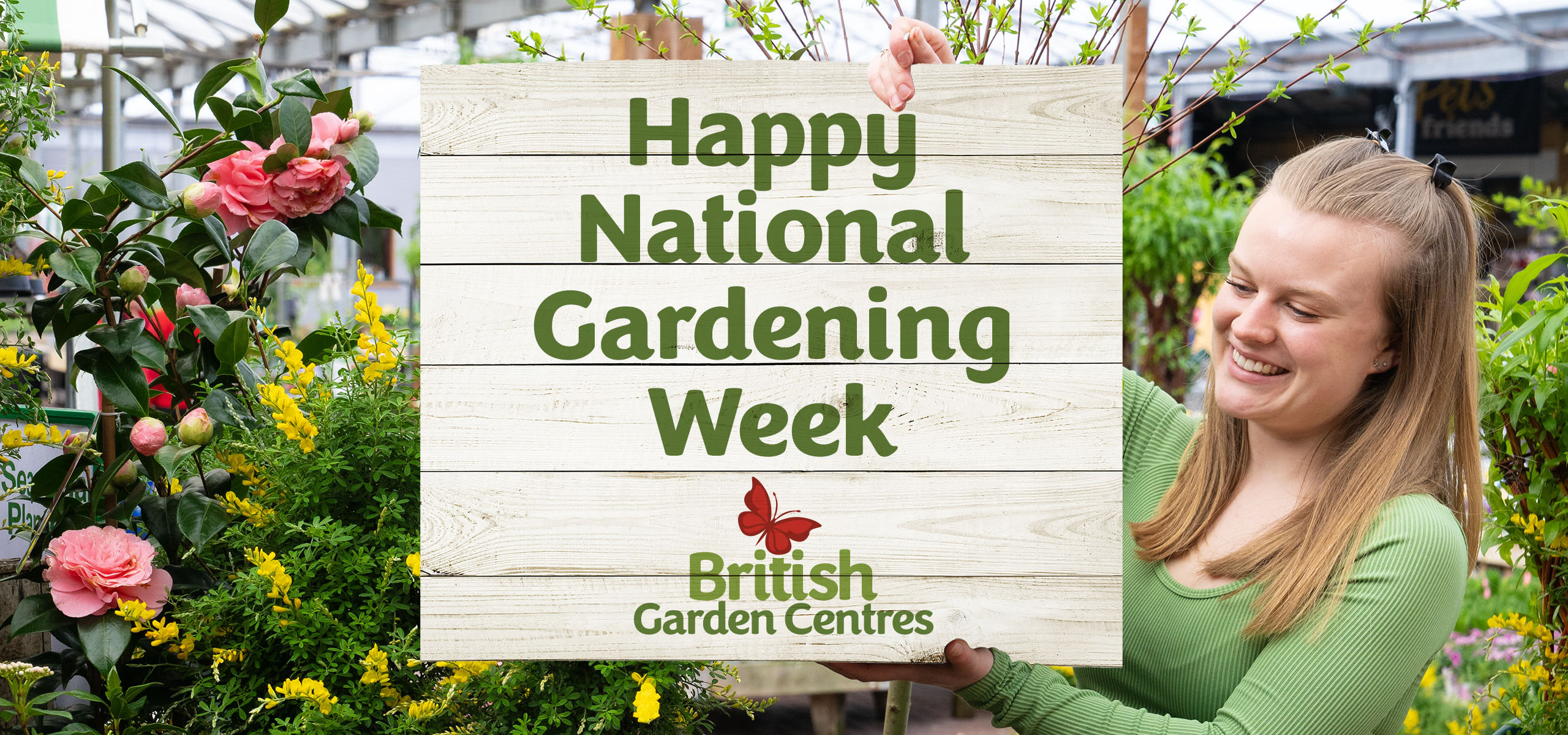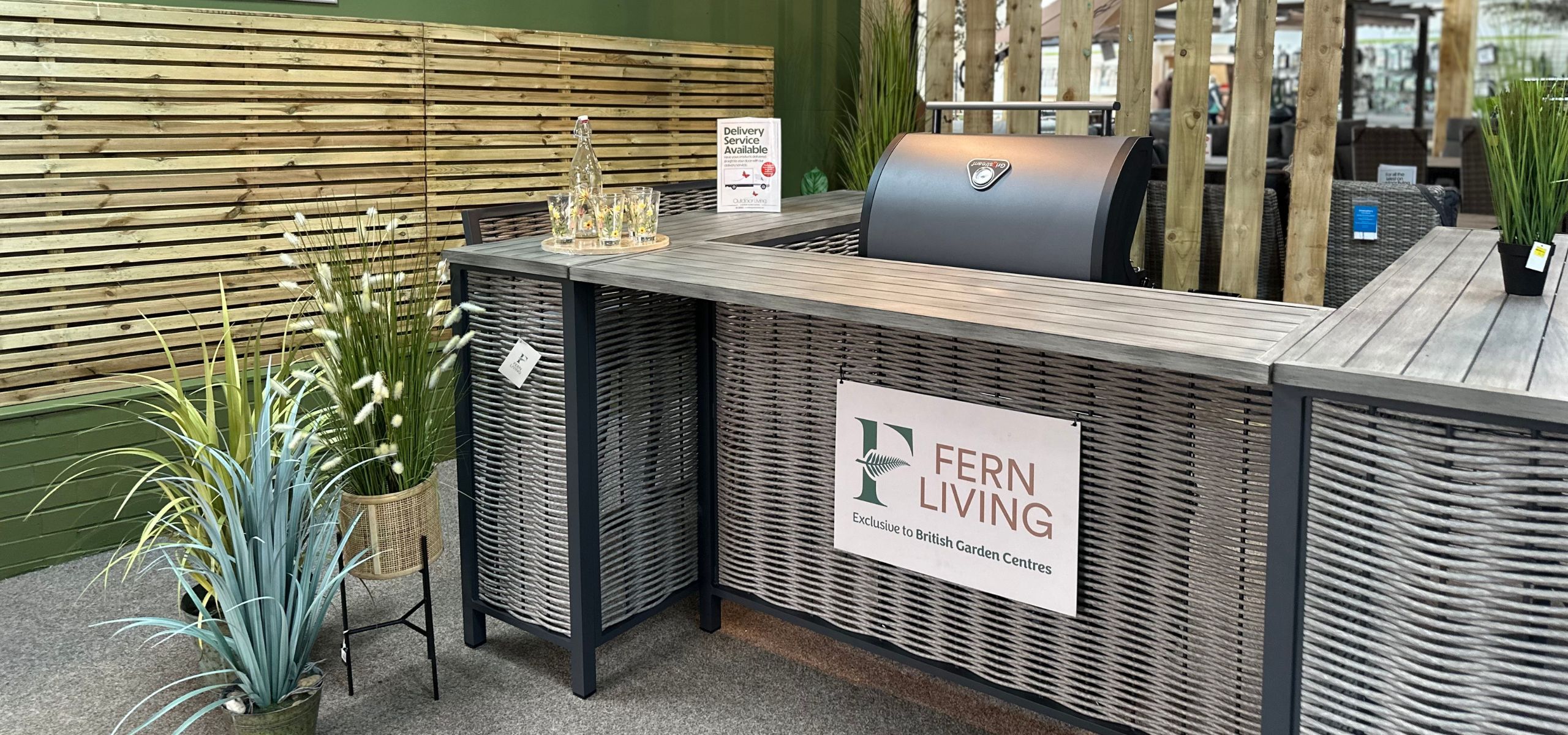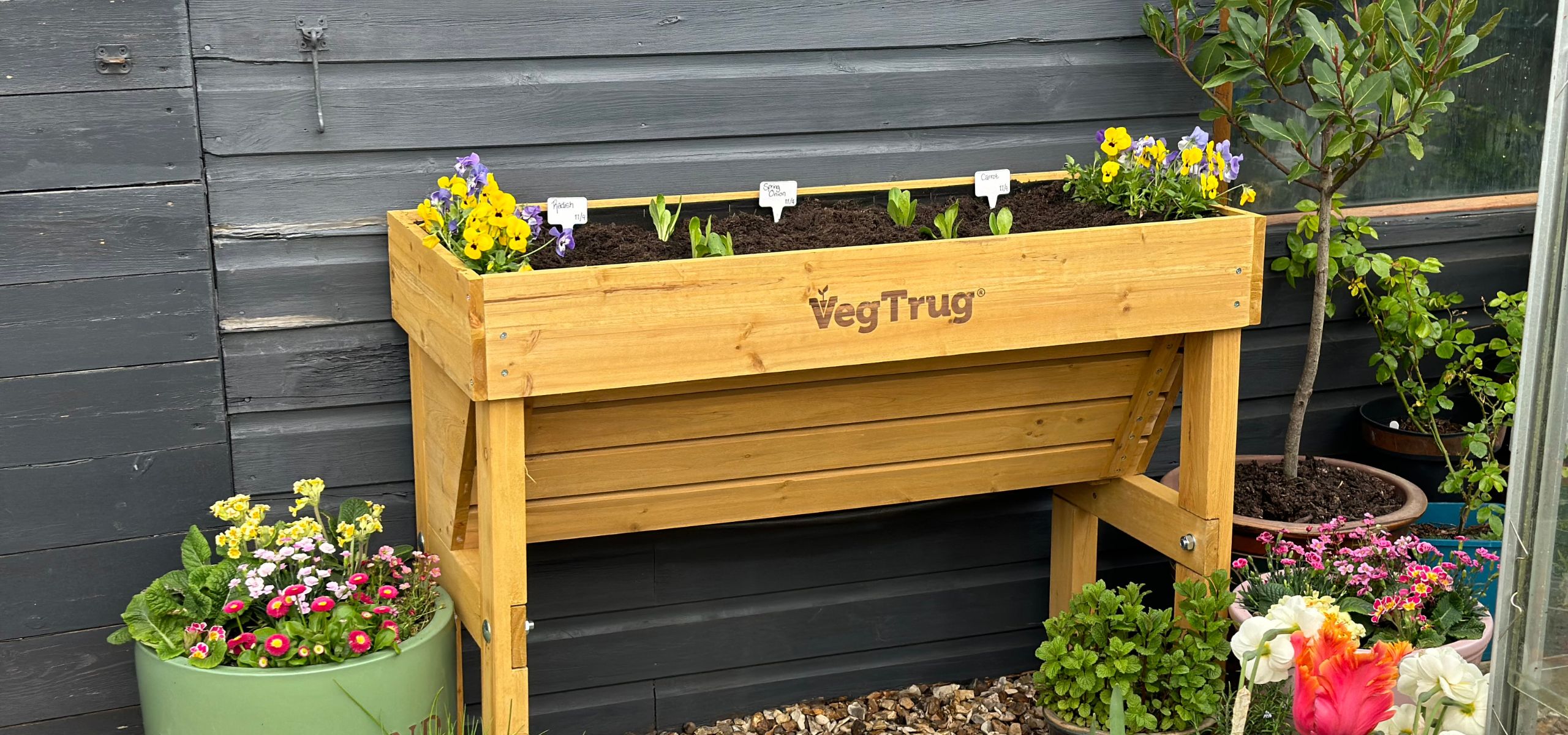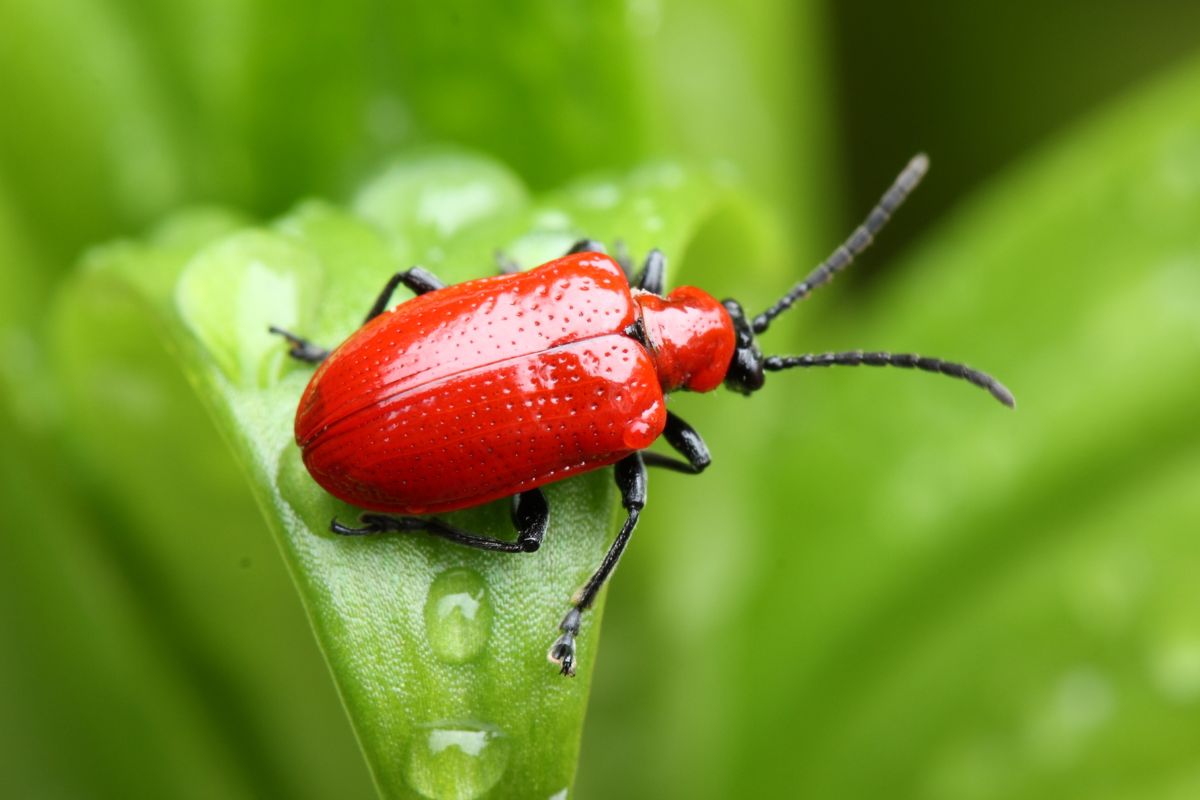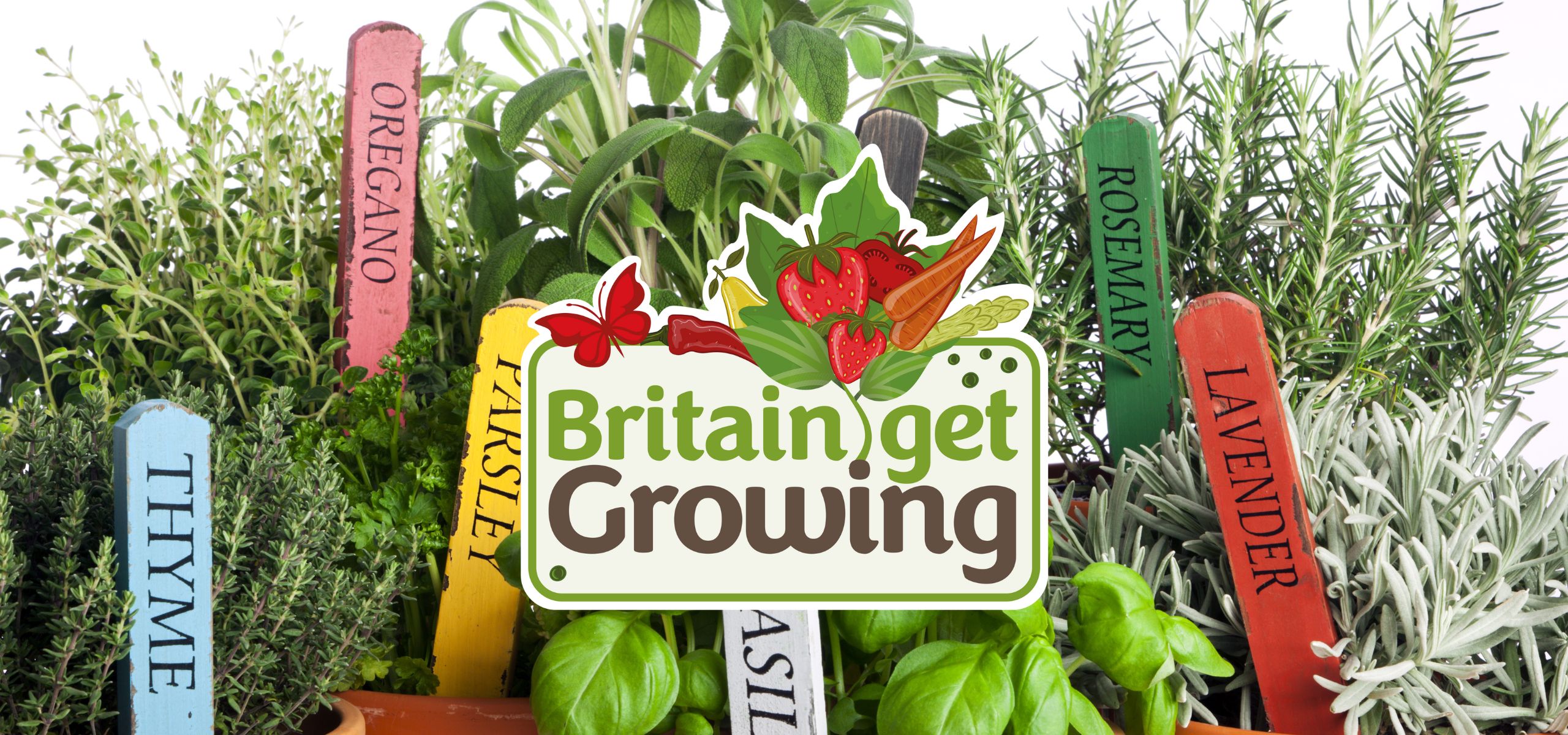Our guide to different types of compost for your garden
If you're someone who is just starting with gardening, choosing the right type of compost can be a confusing task. With so many options available at your local garden centre, it can be challenging to figure out which one will suit your needs. To help you save your valuable time and make an informed decision, we have compiled some helpful information on various types of compost and their uses for different plants.
Multi-purpose compost
This type of compost is suitable for all kinds of gardening tasks, like sowing seeds, planting in pots or borders, and taking cuttings. There are various blends available with different ingredients, so depending on the type you choose, your plants will be fed for varying amounts of time or may require less watering by releasing water only when necessary. You can select from different mixtures, such as peat-free and with or without John Innes, but make sure to check the label if you want to be sure.
Peat free compost
More and more gardeners are choosing to use peat-free composts because of the negative impact that peat mining can have on the environment. Peat-free compost is great for sowing seeds and rooting cuttings and can be used for a variety of other gardening tasks depending on the specific type. Typically, these composts are made with ingredients such as wood fibre, composted bark, coir (coconut fibre), and green compost, which are mixed with inorganic materials like grit and perlite. Peat-free compost is ideal for filling containers like tubs, planters, and hanging baskets for planting annual flowers or vegetables.
John Innes compost
The John Innes compost range is a great choice for gardeners who want to create a rich and healthy growing environment for their plants. This range contains a carefully crafted blend of loam, peat, and horticultural grit with added nutrients. Unlike other composts that contain peat, John Innes composts are designed to reduce peat usage, making them more eco-friendly. By using the John Innes formulations, you can maximise your growing opportunities and produce plants with particularly strong and healthy root development.
Ericaceous compost
Ericaceous compost is a specialised type of compost that caters to the needs of plants that grow in acidic soil conditions. These plants include heathers, rhododendrons, azaleas, camellias, and blueberries, among others. This type of compost typically consists of materials that help to maintain or lower the pH of the soil, making it more suitable for the growth and development of these plants. Common components of ericaceous compost include sphagnum moss, pine bark, and peat, which add organic matter, nutrients, and beneficial microorganisms to the soil.
Potting compost
Potting compost is a versatile and lightweight soil mix that is specifically designed to be used for starting seeds indoors. This mixture consists of peat moss, tree bark, and various other ingredients, which are then steam-heated to eliminate any potential bacteria or diseases that could harm the delicate young root systems of young plants. As a result, potting compost provides a light, airy and sterile environment with excellent drainage properties, which is ideal for creating the perfect growing conditions for your indoor garden.
